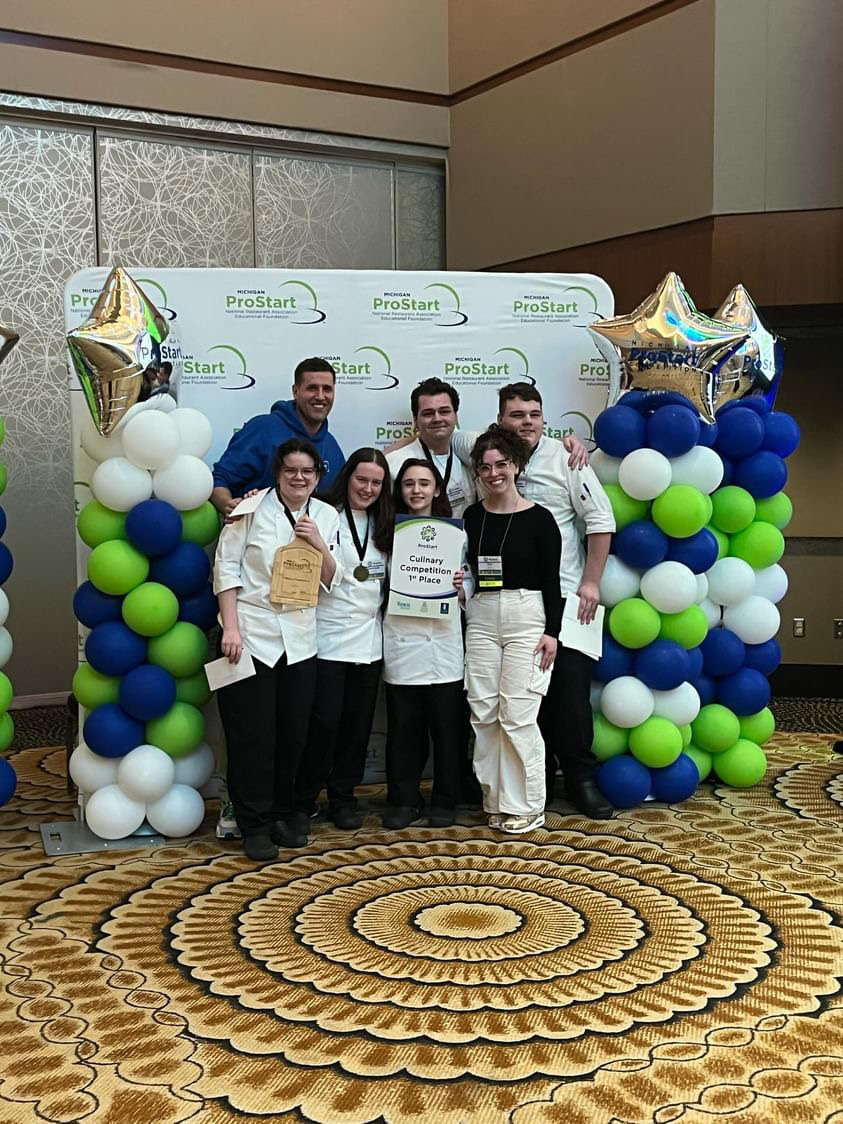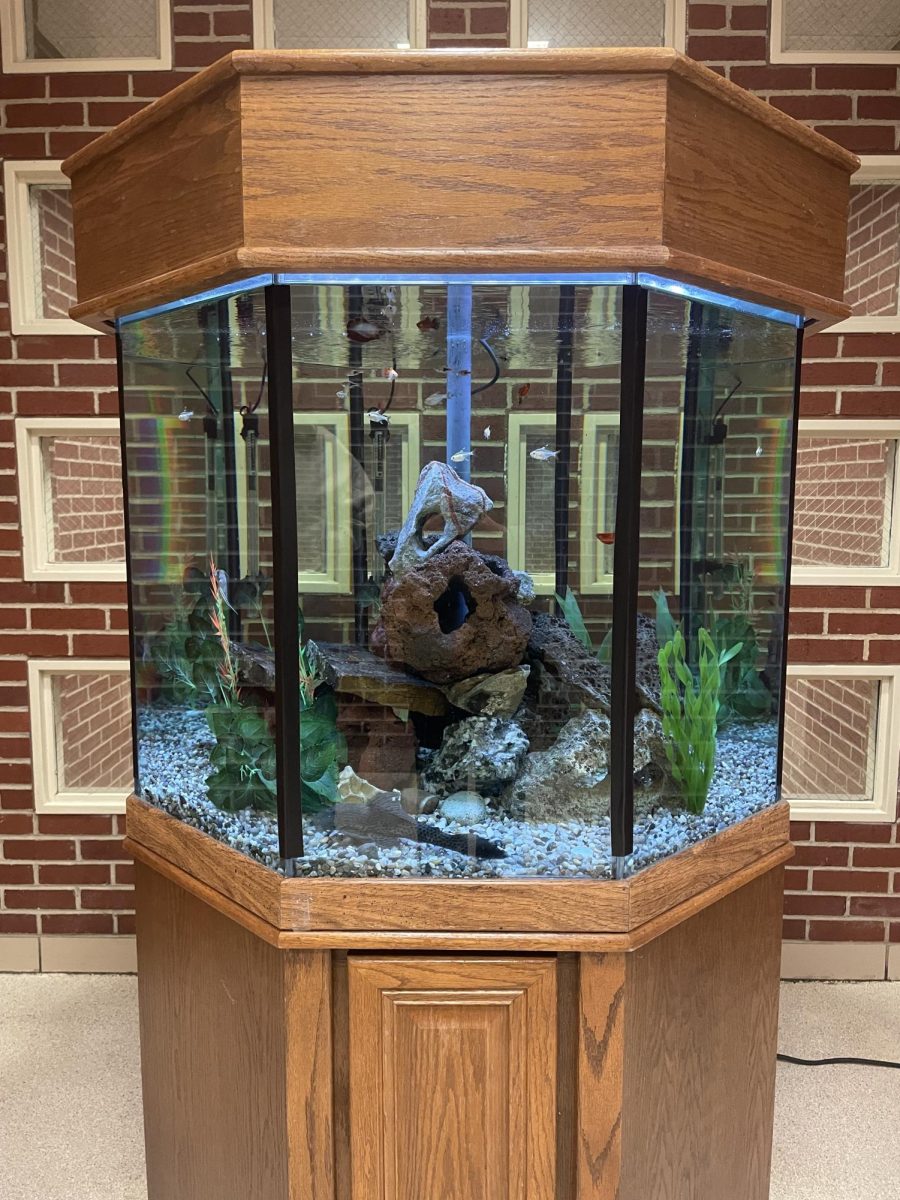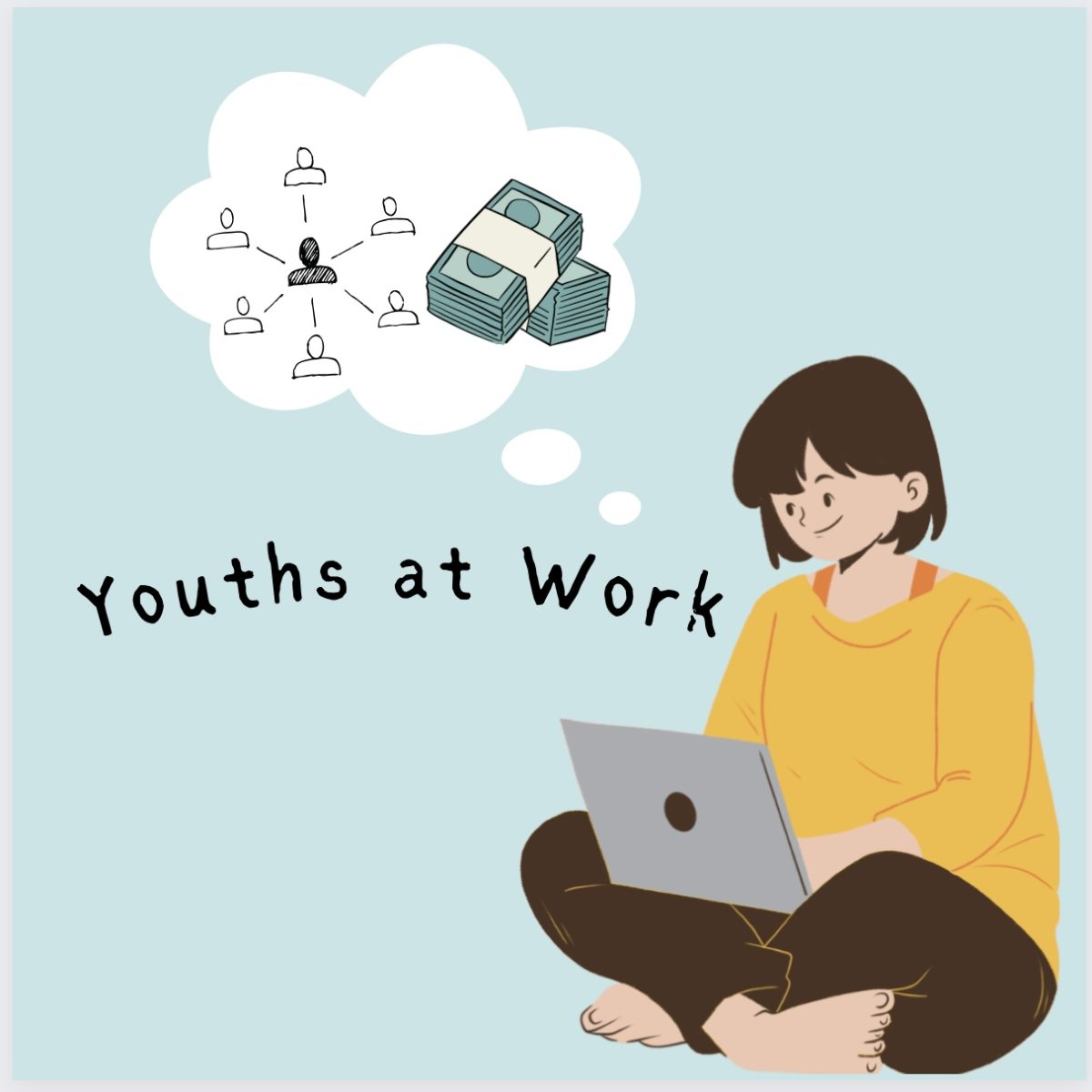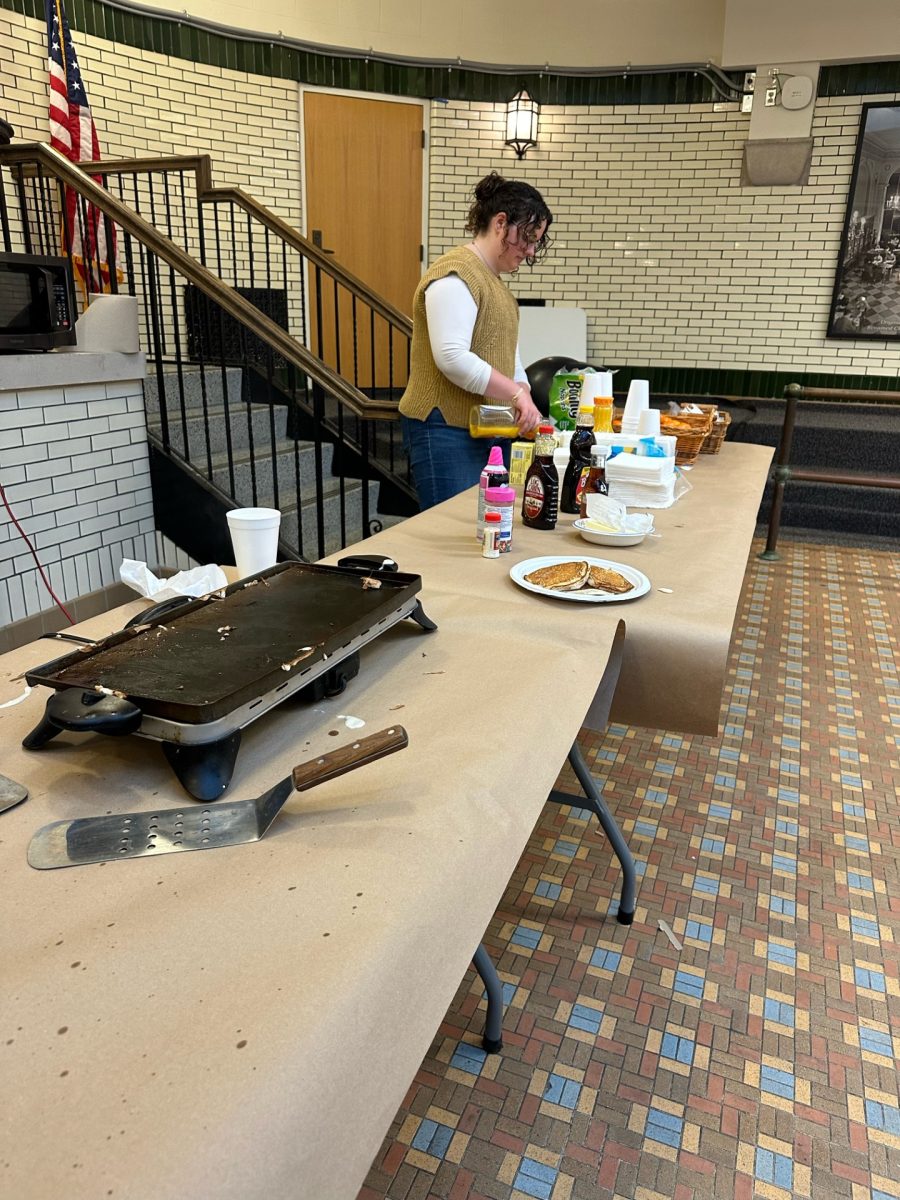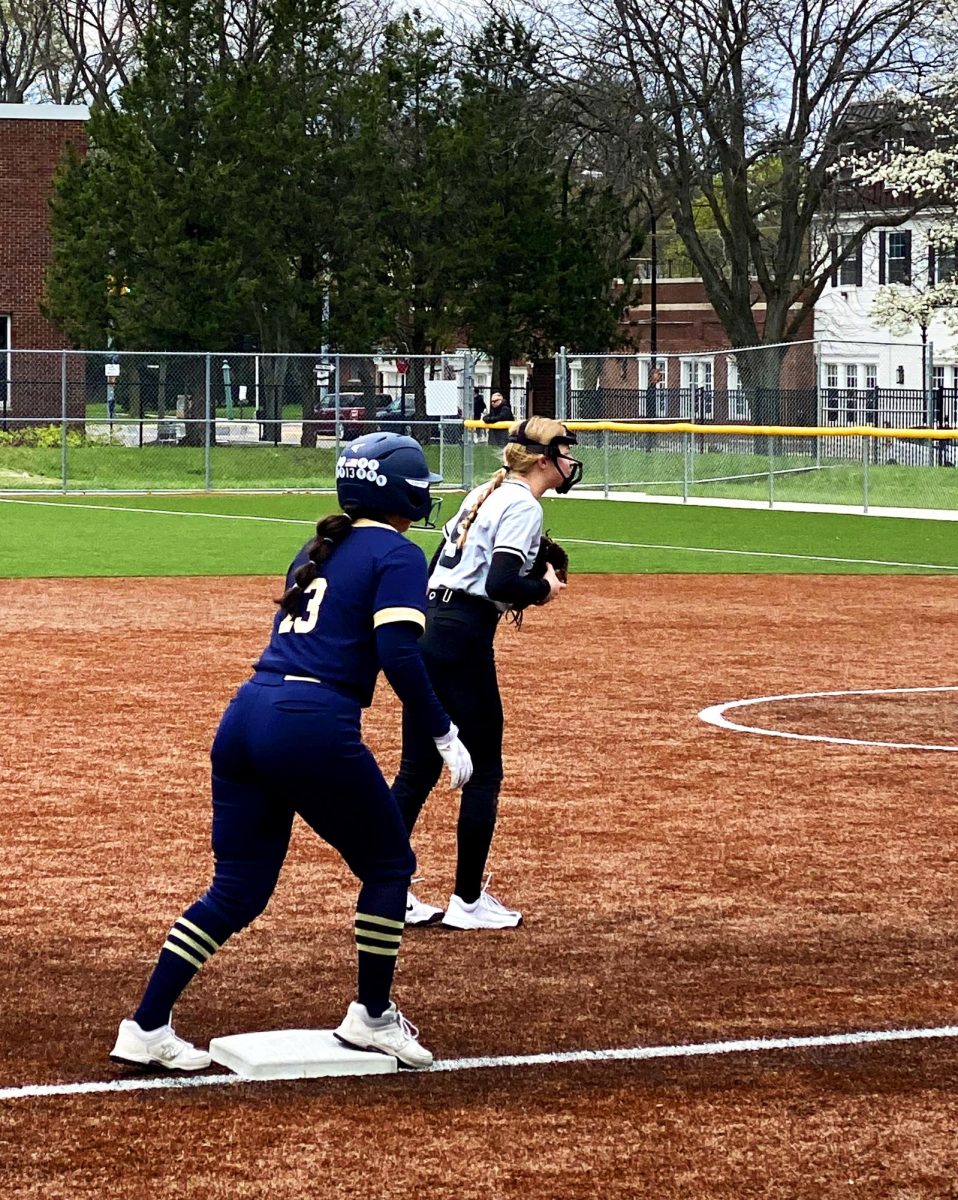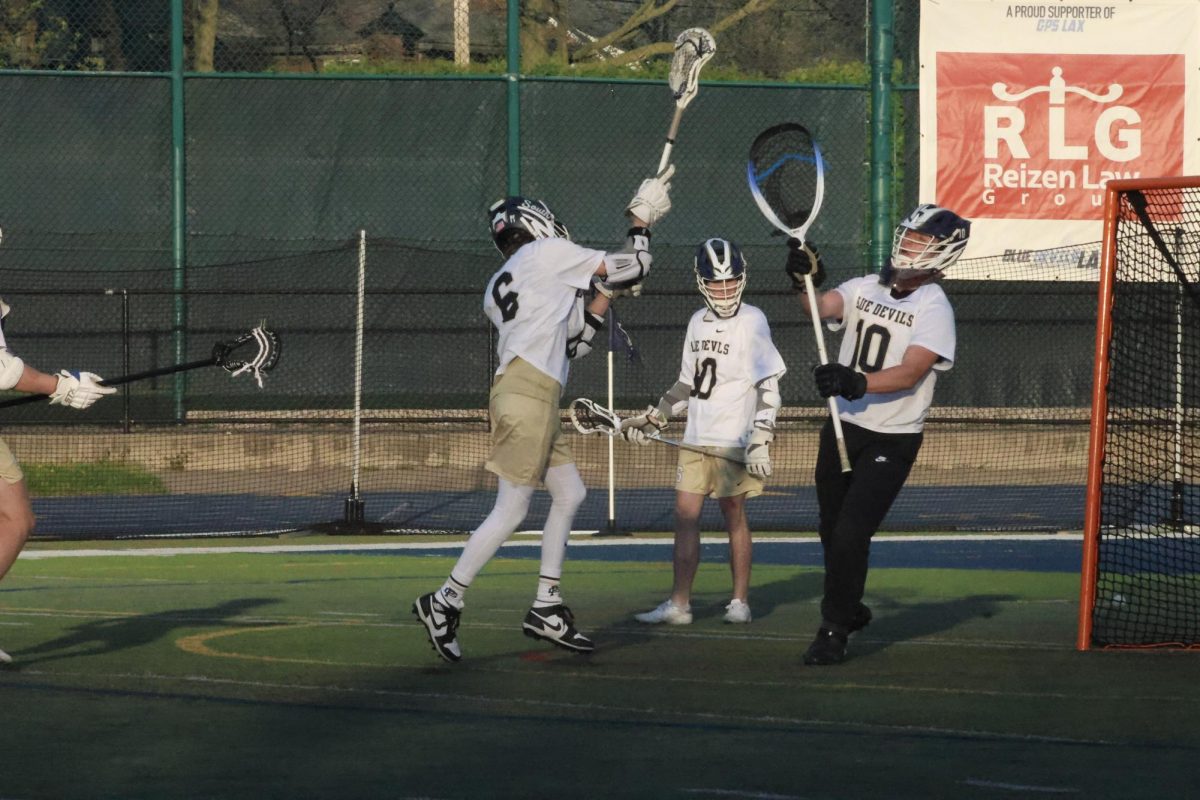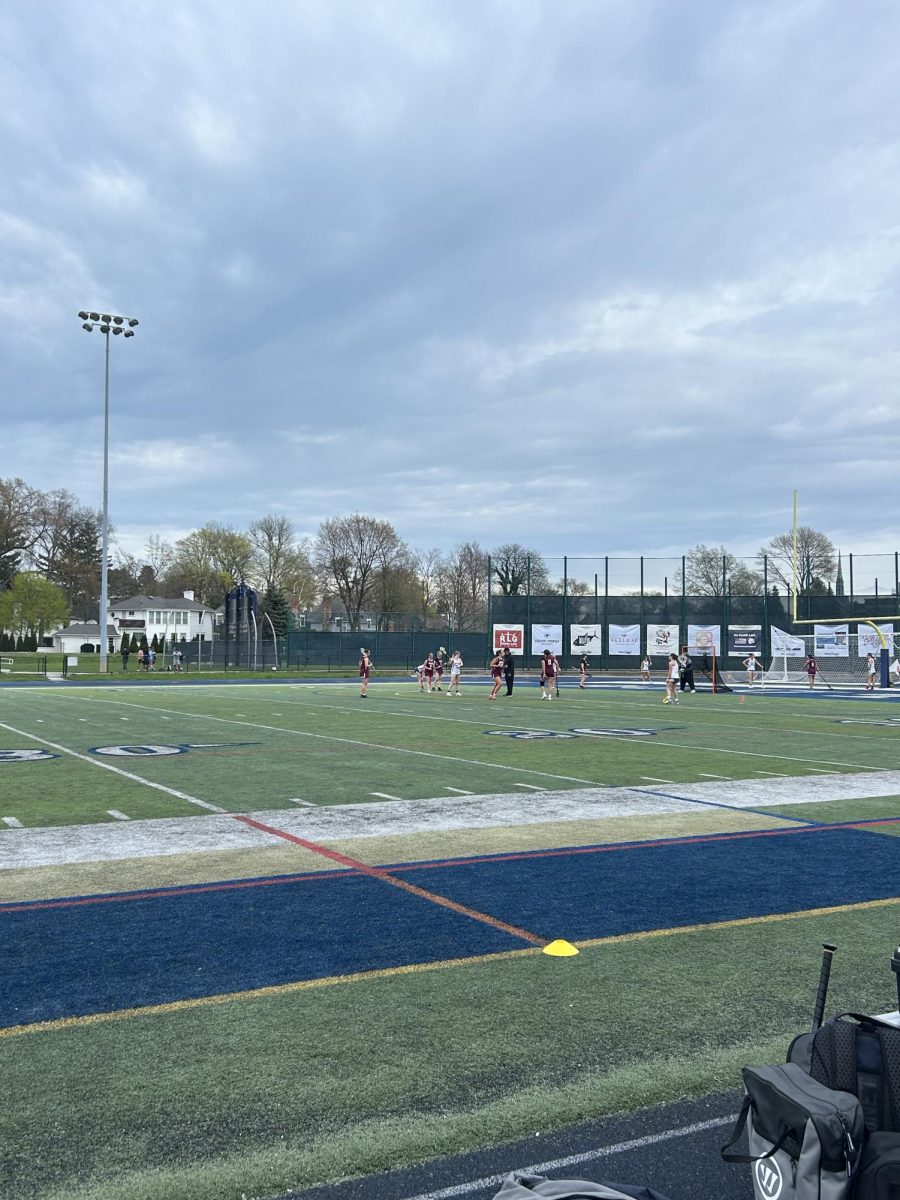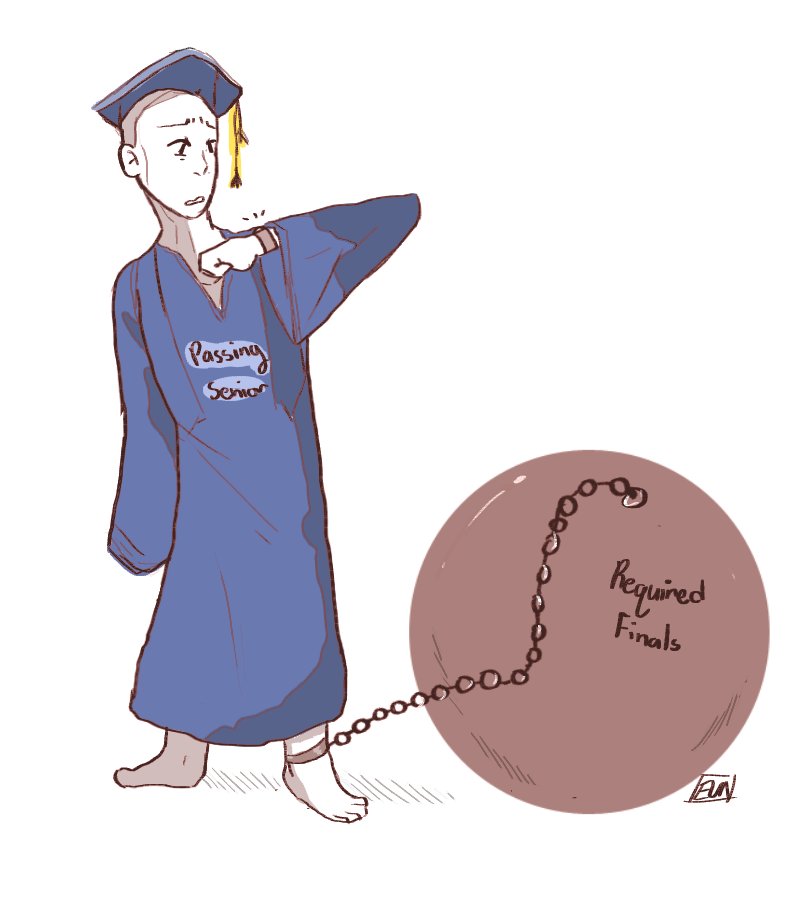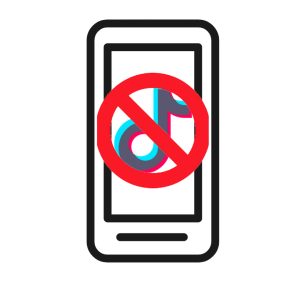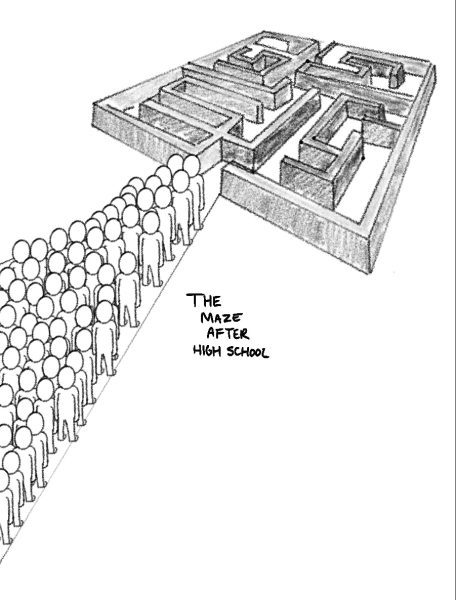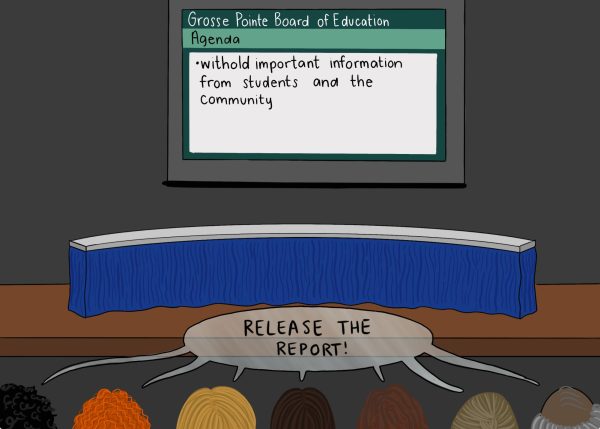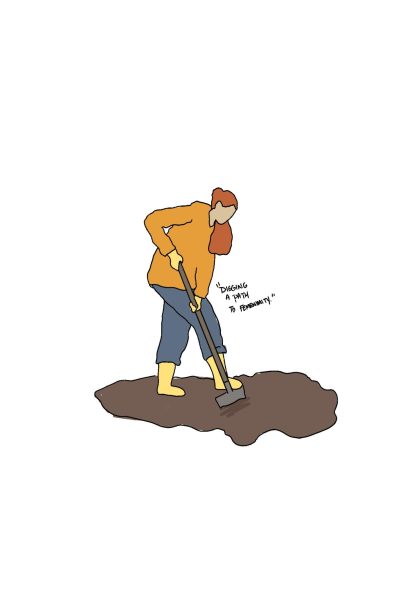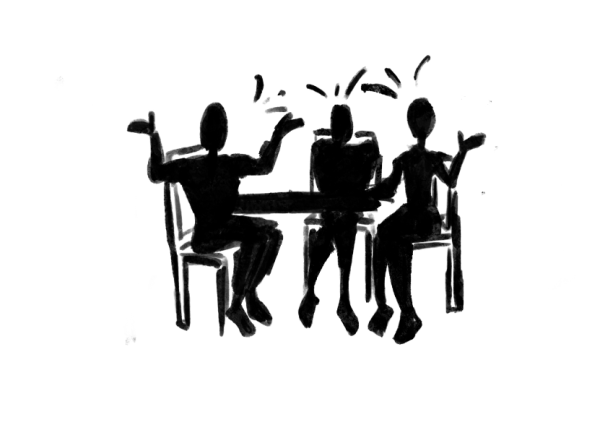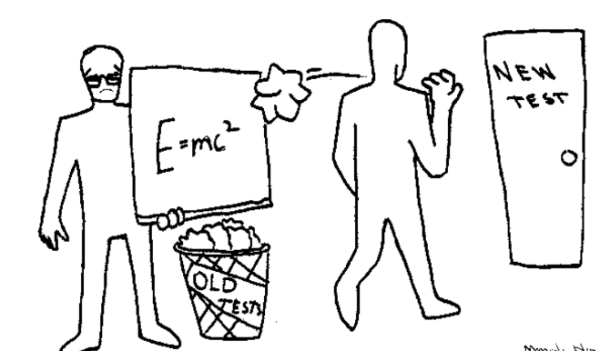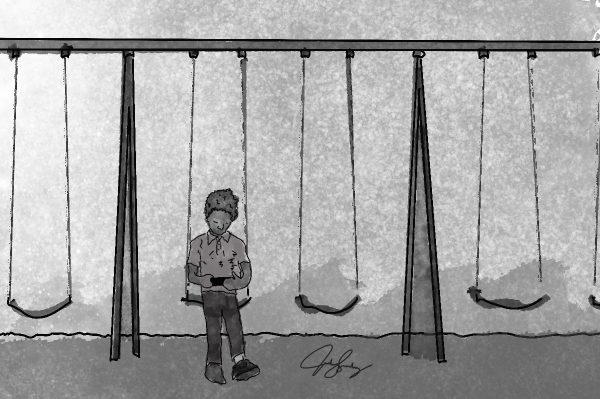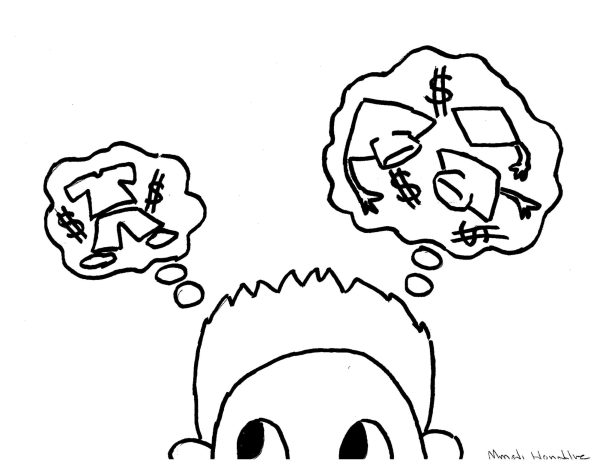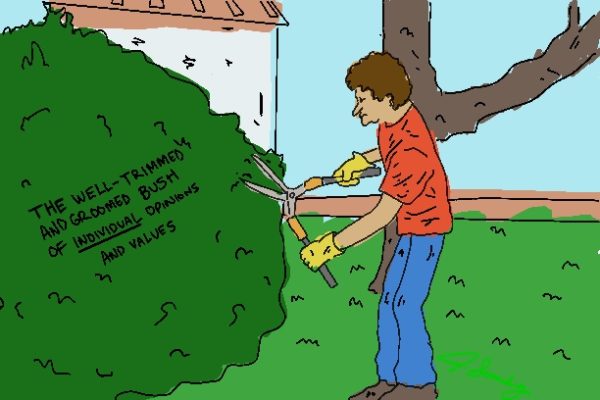Senior final exams…optional?
May 31, 2018
It’s the end of May, with only a week left in their four years of high school. AP tests have just ended. The seniors have already taken midterms/finals seven times by now. Most of them have already committed to a college, or have plans for the next year which are not dependent on their second semester grade as long as they don’t fail out of the class (because those committed to colleges have to send a final transcript).
We at The Tower believe seniors who meet certain requirements– such as having an A in the class or meeting a reasonable attendance mandate– should be exempt from their final exam in that class, for both electives and core classes, because it would ultimately create a better teaching and learning environment for students and teachers.
If standards were set that allowed seniors to be exempt from taking final exams, it would provide them with more motivation, especially near the end of the school year. Seniors whose second semester grades don’t affect their futures don’t see the need to work hard in their classes, do their homework, or even come to class at all near the end of the year, especially in AP classes after they have taken the AP exams.
This makes the learning environment for the students whose grades do still matter in those classes– such as juniors in senior classes, or a few seniors whose futures are still affected by their final grades in high school– suffer, and makes the teachers’ job much more difficult, as they still have to try to teach an apathetic class.
We believe if our district implements an incentive policy related to final exam exemptions for seniors, it will make the students work harder during the school year, and will improve the learning and teaching environment for all those around them. It is a waste of time for the seniors to sit in a class reviewing for a test they will not study for, or even completing a project that won’t affect their future.
Also, the point of a final exam is to test how well the student learned the material from the class, but if they are getting an A in the course, doesn’t that already show their understanding of it?
Another option would be to put a policy in place that excuses all those seniors with ten or less absences in a class from the final exam in that course. This would solve the problem of seniors not attending classes regularly for the last semester or quarter of the school year. We at The Tower want to warn against the attendance regulations being too low in this situation, as to avoid people coming to school sick and contaminating others, as has been a problem in other districts.
Anthropology and world history teacher Margaret Pierce said Rochester Community Schools, where she used to teach, implemented an incentive program for finals regarding attendance and grades in the class, for all students grades nine through 12, part of which included an absence cap of three absences for any class during the second semester.
“A lot of students really liked that incentive, but it also was a drawback, because people were sick, and they came to school sick,” Pierce said. “I don’t know if three (absences) is enough for that sort of thing.”
Many schools throughout the state and country are moving toward this policy of giving students an incentive to work hard and attend class during the second semester in order to be exempt from their exams.
“I think if a student has been carrying a certain grade throughout the class, and comes to school and is responsible, turns assignments in, yeah, maybe you do something in lieu of the exam or are exempt from the exam,” Pierce said.
At Marquette Senior High School, for example, if a senior has a B- or better grade and at most 11 absences during the second semester in a class, or has perfect attendance in that class during the second semester, they are exempt from the final, according to their “Second Semester Exam Exemption Policy.”
Additionally, the seniors whose final grades do affect their future are at a disadvantage when finals are given at the end of the year, because they are surrounded in class every day, especially nearing the final, by peers who do not care about their final grade, and instead of reviewing can just be distracting.
Mentally, as well, these seniors are tired and distracted, focused more on their future than a final exam that could damage their GPA, which they worked hard to maintain during the rest of the year. In this way, final exams for seniors can actually go beyond being merely insignificant, but can actually harmfully impact a student’s future. For the seniors who need to use the final exam to improve their grade for the second semester, our district could adopt a program that gives students who meet the requirements the option to take a final exam, but not mandate it, as Rochester Community Schools does.
Having seniors take finals when it doesn’t matter for most of them is unnecessary and a waste of time, and can in fact harm the grades of other students in the class who do still care about their grades. It also wastes the teachers’ time and effort creating and reviewing for these finals, and makes their job harder. The Grosse Pointe Public School System should implement a policy specifying regulations of a grade seniors must get in the class or an absence cap that can make them exempt from taking a final exam in that class if they meet it.




